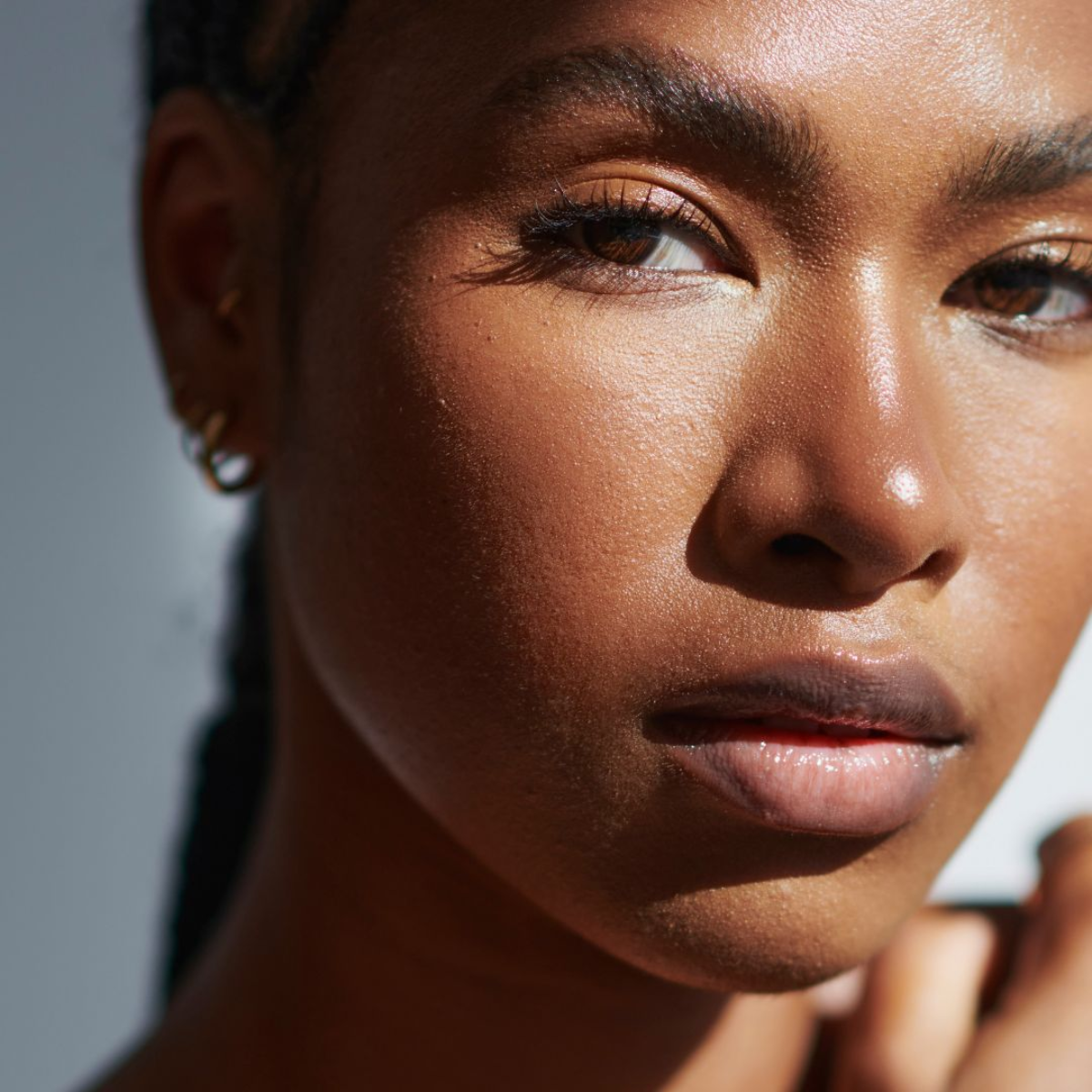How I learned to live with being bipolar
I had the perfect life – two gorgeous children, a happy marriage and a stellar career. How could I have manic depression? By Nicola Oliver.

I had the perfect life – two gorgeous children, a happy marriage and a stellar career. How could I have manic depression? By Nicola Oliver.
I had the perfect life – two gorgeous children, a happy marriage and a stellar career. How could I have manic depression? By Nicola Oliver.
The scariest thing about what happened to me is that there were no clues it was coming. I was a 35-year-old woman with a successful career, a loving husband and two kids. I thought I was healthy.
I was sitting at my desk at the management consultancy where I worked in London when I first realised that something was wrong. It was as though I was floating above my body, looking down at myself. I was taken aback, but wondered whether it was because I hadn't eaten, so I stumbled outside looking for a cafe. It was then that I became really scared. Buildings loomed over me. Passers-by looked like giants. The waitress started talking but I couldn't understand her. I ran out into the street, crying and confused.
Was I going mad?
I made my excuses at work and went home to bed, briefly explaining what had happened to Neil, my husband of 12 years, who expressed his concern but was busy looking after our sons, Alex, seven, and Max, four.
Neil had been worried about the long hours I'd been working but, as he looked after the boys and I was the only breadwinner, I felt I had no choice.
Marie Claire Newsletter
Celebrity news, beauty, fashion advice, and fascinating features, delivered straight to your inbox!
By the morning I felt better, but just days later, something else happened. I was on my way home when I spotted someone I knew. I suddenly had the bizarre thought that she shouldn't see me. I dived into the undergrowth, giggling, but then my emotions switched.
I sprinted home, scared by my behaviour. Neil persuaded me that it was time to ask for help.
My GP referred me to a psychiatrist and prescribed the sedative diazepam, which made me feel as if I were in a dream, or watching life on a television screen.
At the psychiatrist's two days later, he asked whether any of my relatives had suffered from depression. I said that my father, brother and grandfather had all suffered. But when he told me I had bipolar II disorder, commonly known as manic depression, I couldn't believe it. I wasn't miserable, just behaving out of character. But he explained that it's not the same as regular depression; it comes as periods of mania, followed by bouts of depression. He also said that it can be triggered by stress or inherited and that its sudden onset is often characterised, as in my case, by a nervous breakdown.
I sat in shock, crying, as he prescribed me lithium for mood swings and said I would have to take it for the rest of my life.
I made my way home, my mind numbed from the diazepam. I don't remember Neil's response to my diagnosis, just a feeling of warmth and affection as he put me to bed.
The next day, the depression hit; it was like falling into a deep black hole. Even though I had been signed off sick with 'anxiety', my mind assaulted me with worries about work. The tears started, and carried on until I fell asleep, exhausted. I ate only when Neil nagged me, and then only tiny amounts.
I had no interest in Neil or the children. Both boys were told that Mummy was 'ill'. Neil and I still shared a room, but my feelings as a mother, wife and daughter had been switched off and I was unable to talk to him rationally about what I was experiencing.
I had weekly appointments with my nurse and psychiatrist, but it was only after six weeks that I ventured downstairs.
I still felt incapable of making even tiny decisions. I couldn't cook, because deciding which tin to open made me too anxious, and I couldn't drive because I was unable to concentrate on the road.
My progress was hampered by anxiety about money. Two weeks after I told my employers about my diagnosis, I was sacked. I was told they didn't want to employ someone with a recurring illness. The depression meant I didn't have the energy to fight their decision, and it felt as if my last link with my old life had been severed. Neil had tried to start a business from home but had yet to make any money, so I had to get back to work.
In a daze, I put my CV on the internet. Looking back, it was comical – recruitment agents would call and I would pretend to be normal. Then, when they invited me to an interview, I had to decline, too afraid to leave the house.
We were all reaching crisis point when, during one of my tantrums, I screamed at Neil, 'Why are you still here?' He replied gently, 'Because the real Nicola is in there somewhere.' Such simple words, but that, for me, was a turning point. I realised that the sick me was not the person I once was and hoped to be again.
Two years on and things are improving. I had a course of cognitive behavioural therapy (CBT), which helped me to overcome anxieties caused by my dismissal, and all four of us go to a family counsellor. Now when I kiss Neil and the boys, they can't hide their smiles. Some friends who didn't know how to handle my illness have fallen by the wayside but I have made new ones. The mother of one of my son's friends thanked me recently, saying: 'I now feel able to talk about my own depression because of you.'
I haven't yet been able to work, but something amazing has come out of this awful experience. During my recovery, I developed a passion for oil painting, and I now hope to use this to help others with mental illness to relieve their own anguish through art.
I know that bipolar is probably with me for life, but life is no longer about being a high-flyer – it is about liking who I am and relishing each day I spend with my husband and my sons. It's a long journey of recovery, but I've made a start.
artbynicola.co.uk. For information, visit the Bipolar Organisation's website at mdf.org.uk or call 0845-634 0540.
Do you or anyone you know suffer from biopolar disorder? Share your experiences with other Marie Claire readers using the comments box below…
The leading destination for fashion, beauty, shopping and finger-on-the-pulse views on the latest issues. Marie Claire's travel content helps you delight in discovering new destinations around the globe, offering a unique – and sometimes unchartered – travel experience. From new hotel openings to the destinations tipped to take over our travel calendars, this iconic name has it covered.
-
 Selena Gomez has re-entered the conversation about her 'Emilia Pérez' criticism
Selena Gomez has re-entered the conversation about her 'Emilia Pérez' criticismBy Jenny Proudfoot
-
 I'd never run a marathon before - six years on, I'm one of the UK's fastest female marathoners. Here's how I train every week
I'd never run a marathon before - six years on, I'm one of the UK's fastest female marathoners. Here's how I train every weekSerious inspo, served.
By Ally Head
-
 There’s a big difference between sensitive and *sensitised* skin—here are four derms on the key distinctions
There’s a big difference between sensitive and *sensitised* skin—here are four derms on the key distinctionsPlus, ways to approach both
By Denise Primbet